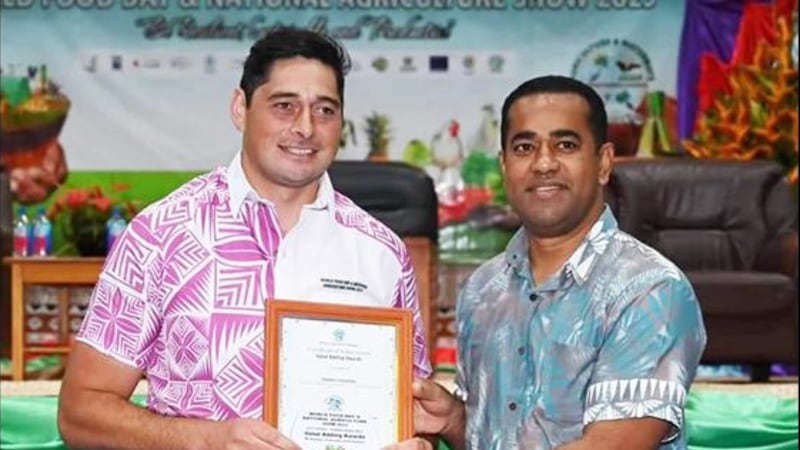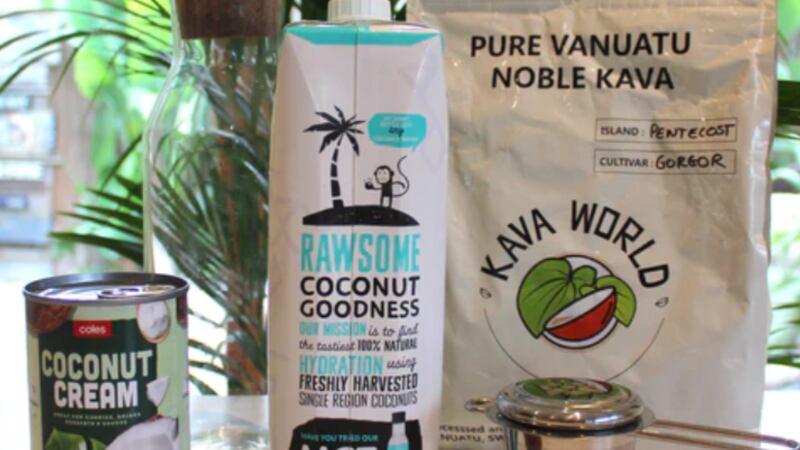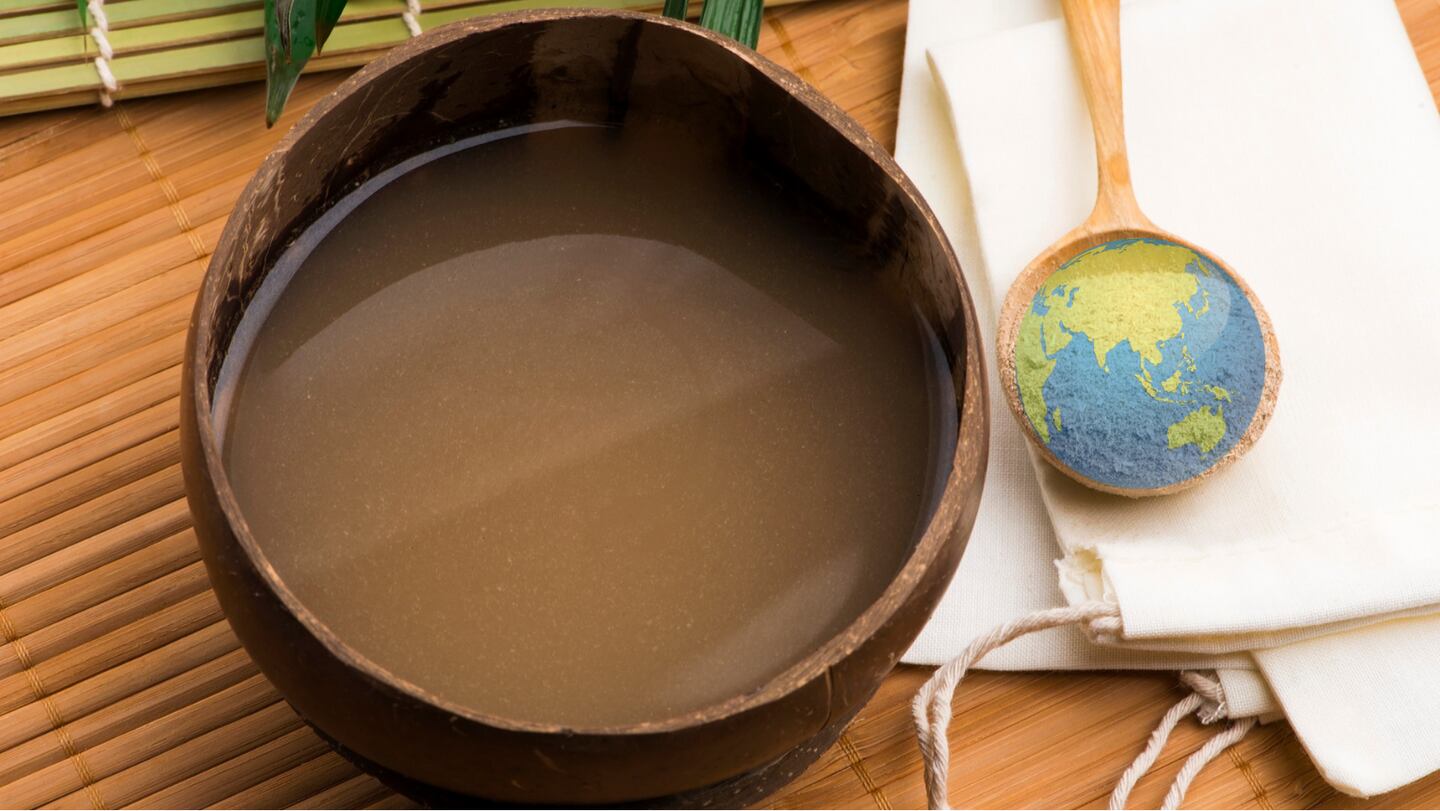The commercial Kava industry is blooming globally as Aotearoa holds its stance respecting its traditional practices when consuming and selling it.
Food regulations prohibit anything mixed with Kava other than water in Aotearoa to respect its cultural ways of being consumed.
2023 Fijis Kava Farmer of the Year Saimon Lomaloma has traveled to the United States and seen the emerging market of the natural plant.
“There’s a huge market and the economic benefits will flow back to the Pacific.
So for all these people who want to consume kava and have all these health benefits from Kava, the money all comes back to the rural areas in the Pacific. Which the people survive off and it goes into the livelihoods of these kava farmers which go directly into their community.”

The rise of Kava Bars in the United States has seen companies such as Kavasutra, open in 27 locations and soon will open its first store in Los Angeles called Kavahana.
The Kava extract market is estimated to grow from 1.18 billion USD (2022) to 3.97 billion USD (2030).
Kava extracts are the roots of the plant which is the strongest part and most expensive.
Wellington Born Lomaloma says mixing it with flavoured drinks makes it easy for first-time kava sippers.
“What that means is essentially you could have a Redbull drink instead of sitting around the tanoa (traditional bowl) having six to 8 coconut shells of Kava.
You can just have one can and you would get the benefits and the effects of Kava in a smaller dosage.” He said.

Many believe Kava should only be drunk traditionally, with others saying it doesn’t matter how it’s consumed.
Lomaloma whose father is Fijian believes some don’t mind people mixing it with other products, due to the benefits Kava has.
“It can help people with various symptoms in terms of helping people with their mental health, helping those with insomnia, people with anxiety, ADHD, some people take Kava as pain relief.
You talk about rugby and now Pacific players are starting to have Kava in their changing rooms. It’s probably one of the best things because it takes away the binge drinking aspect after games in New Zealand.”
Although the plant has the effect of numbing the body it cannot be detected under a breathalizer when being tested for alcohol while driving.
Vanuatu is known to have the strongest type of Kava, with regular drinkers saying they feel the hit after one cup.
The earthly taste turns many westernisers away but Lomaloma touched on a story where he managed to convert one Māori man to drink it for the first time.
“Their perception of Kava was it was alcoholic and they didn’t want to drink it because one of the guys I was with did AOD (Alcohol and Other Drug) work and he didn’t want to be involved with Kava.
Once we explained that it wasn’t alcohol then we had an awesome talanoa and he was placing it back to Hawaiki and Māori lineage.”
Lomaloma has been farming in Fiji for the last six years in the area of Natewa Bay where he’s also experimenting in the market of exporting dried fruit.


